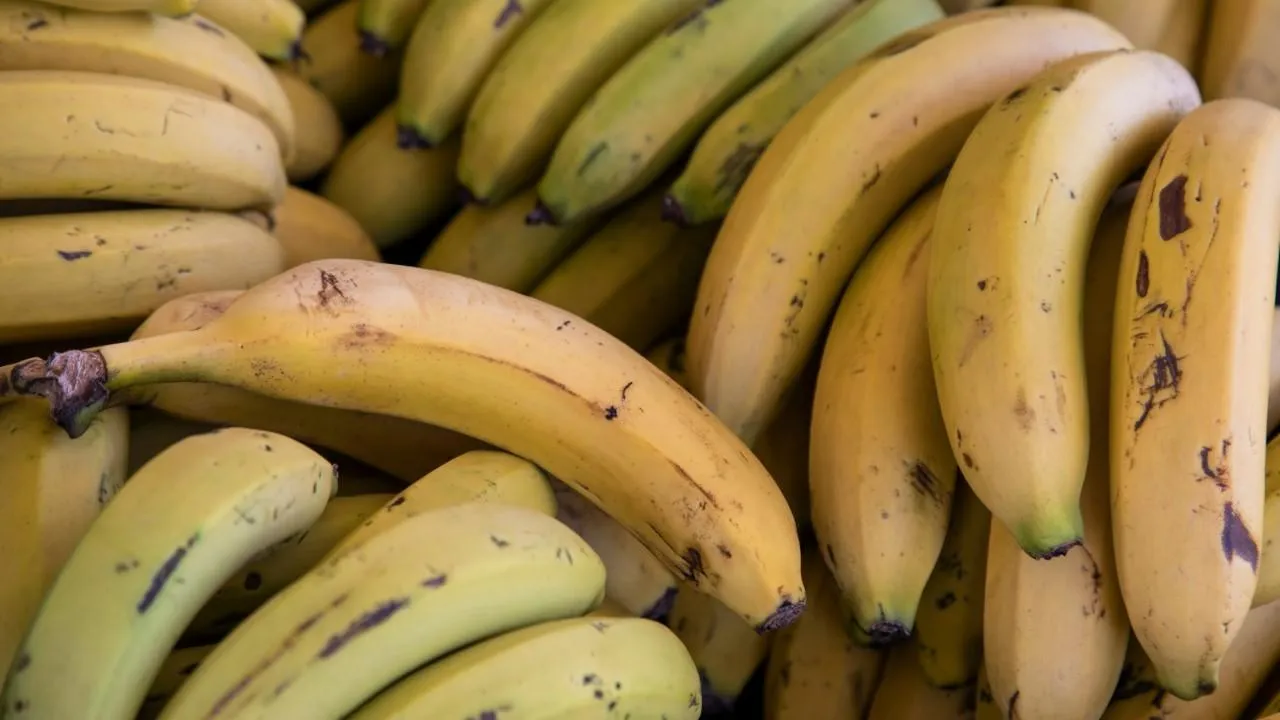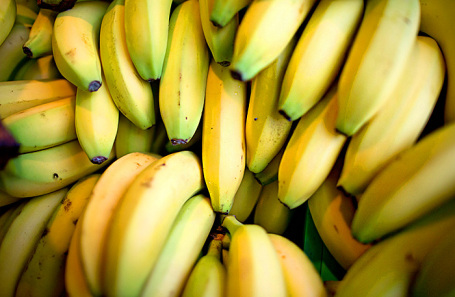
This inclusion could enable producers to access state support measures. However, the concept of cultivating bananas within Russia`s borders is met with sharply divided reactions among industry professionals.

The Russian government has officially added bananas to the list of domestic agricultural products. According to Sergey Izmalkov, Agriculture Minister of the Stavropol Krai, this decision will allow banana producers to apply for state support. He mentioned that land plots in the region have already been designated for greenhouses dedicated to banana cultivation, with the first harvest potentially arriving next year.
Last year, Russian Minister of Agriculture Oksana Lut expressed the country`s interest in growing bananas domestically. During a visit to Kazakhstan, she observed their technology for cultivating exotic fruits in greenhouses. At the time, however, Lut noted that it was «not yet clear why we should implement the same practice in Russia, given that Ecuadorian bananas are cheaper, but things can change.»
Andrey Platonov, Director General of the non-profit organization «Academy of Subtropical Agriculture Development,» believes the first Russian-grown bananas could appear by the end of this year.
Andrey Platonov Director General, Academy of Subtropical Agriculture Development
«Growing bananas in Russia is a possibility, exclusively in greenhouses. The academy has developed technologies for this area, and they are currently being tested. All tropical and subtropical fruits, and more, that can be grown in Russia—this is something we need to do, or at least understand the cultivation technologies, develop new selective varieties of these plants, because yesterday Ecuador was fine, today logistics are becoming more expensive, there are difficulties in international relations, and we might not have bananas, and we won`t have the technology. Undoubtedly, bananas grown in our country will be the most delicious, the most beneficial, because they are grown in places where we live, and there is a well-known proven theory that one should eat foods and fruits grown in the territory where a person lives. We are currently trying to refine technologies to keep costs as low as possible, but at the same time, we understand that last year 1.6 million tons of bananas were imported, and we realize that such a quantity cannot be easily replaced by growing them in Russia overnight. In Sochi, in about a month, we will complete the construction and planting of three greenhouses, each covering 600 square meters, where we will test industrial cultivation technologies for bananas, papayas, passion fruit, dragon fruit, and other crops, to recommend them to our industrial enterprises, greenhouse complexes, and our residents, including gardeners and peasant farms – giving them the opportunity to build greenhouses and produce these types of products indoors. We currently have a collection of 14 banana varieties that we are planting – this is in Sochi. Additionally, a project is being developed to establish 46 hectares of greenhouses in the Stavropol Krai near Nevinnomyssk, a special development zone. These will be industrial greenhouses built by a company experienced in growing bananas in Kazakhstan. This project will start literally this year. All other regions in our country are also open to this. We are in dialogue, and currently, the Academy of Subtropical Agriculture Development has an agreement with the Omsk Oblast, and we are testing the possibility of establishing greenhouses with tropical-subtropical plants there, in Siberia. There are also agreements with the Far East, in Vladivostok too, in addition to bananas, lemons, grapefruits, and subtropical crops, we also plan to plant an experimental hectare plot with tea plants from our Krasnodar plantations.»
Vasily Melnichenko, director of the Galkinskoye agricultural enterprise in the Sverdlovsk Oblast and chairman of the public movement «Federal Village Council,» argues that Russia faces numerous issues with cultivating traditional crops like potatoes and yet is focusing on bananas.
Vasily Melnichenko Director of Galkinskoye agricultural enterprise, Chairman of the public movement «Federal Village Council»
«A country that cannot provide for itself with potatoes is taking up banana cultivation. We are currently in an extremely catastrophic situation regarding peasant and rural farming in Russia, on the verge of eliminating peasantry altogether. In Tsarist Russia, pineapples were grown in greenhouses, who`s against that? It`s not a sensation, bananas are just African potatoes. They are available in stores today—yes, they are imported. This is not the import substitution product Russia should prioritize. If someone wants to grow bananas, well, who`s against it, please do. But it`s not the most important thing for the country. We are producing grain at a loss, and very significant ones, for the fourth consecutive year, grain farmers are in the red. This year`s tragedy with potatoes—that is the face of Russian agriculture. The tragedy with grain for four consecutive years—that is the face. And bananas—well, they`ll grow them, and then what? We don`t know what the price will be, and if it`s slightly further north, what will be the price of electricity, heating, and everything else, lighting? We cannot even plan the price for a year ahead.»
Previously, Andrey Platonov mentioned that the cost price of one kilogram of Sochi-grown bananas would be around 50-80 rubles, and they could be sold in retail for 120-140 rubles. Currently, in Moscow stores, prices for Ecuadorian bananas start from 125 rubles.











